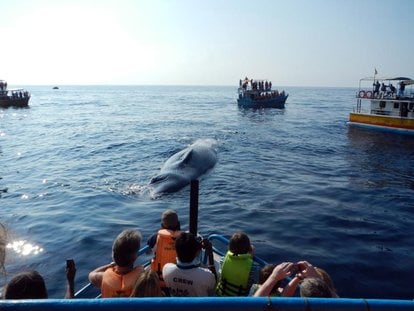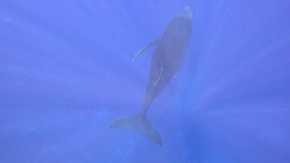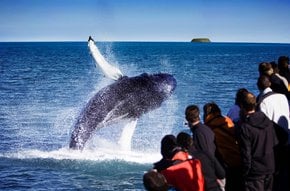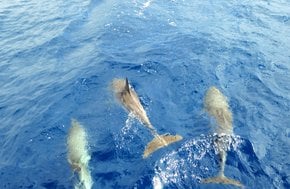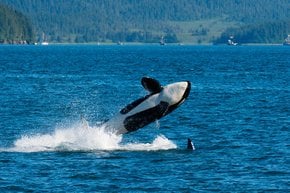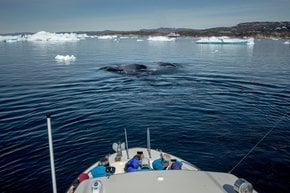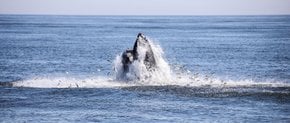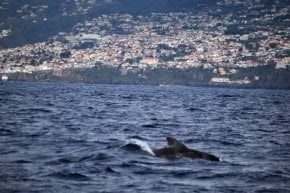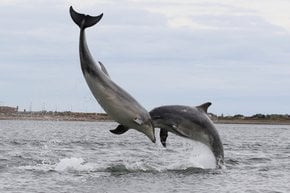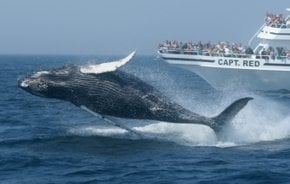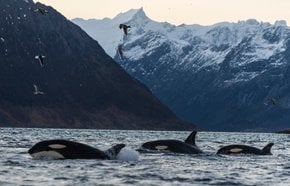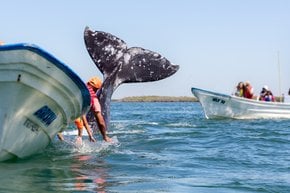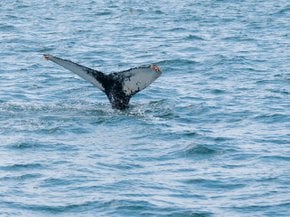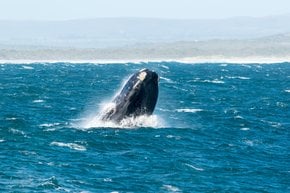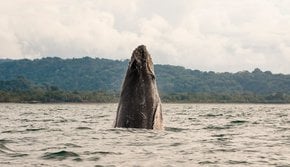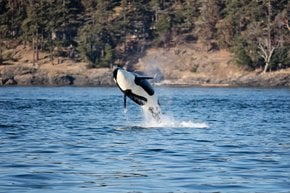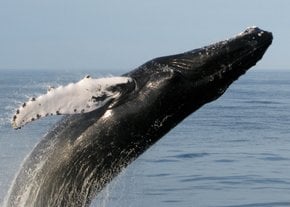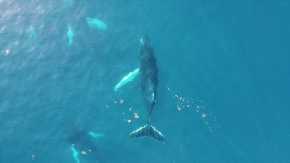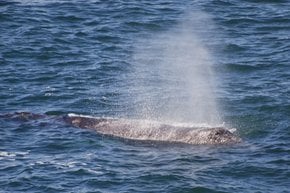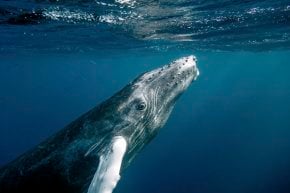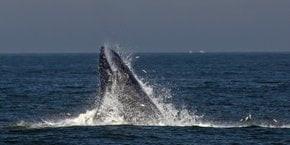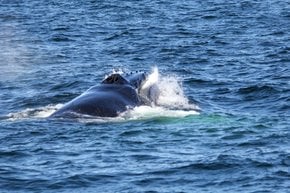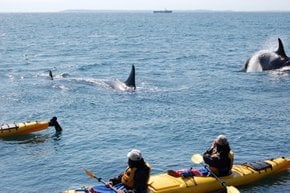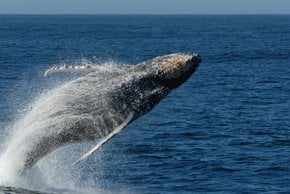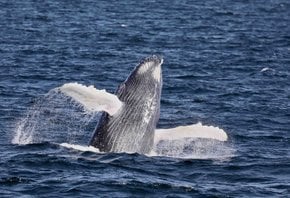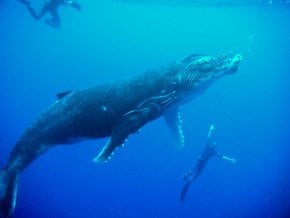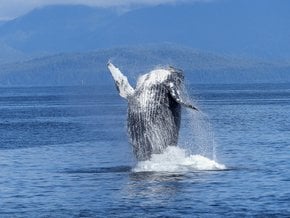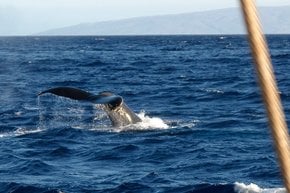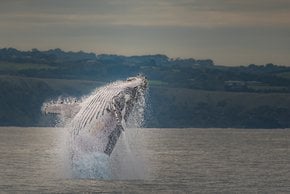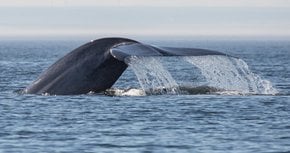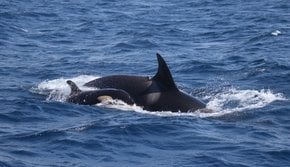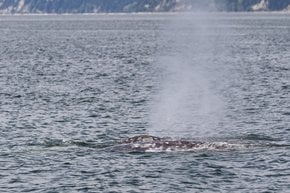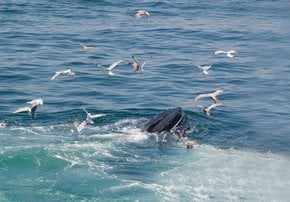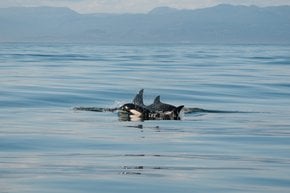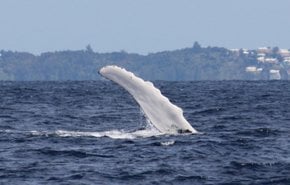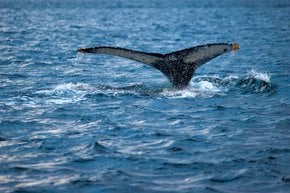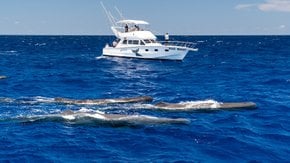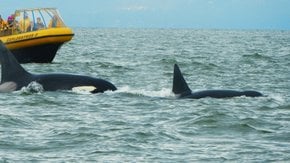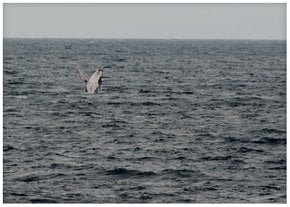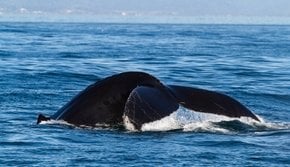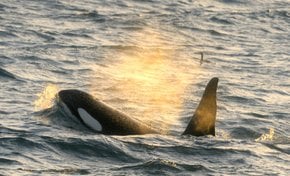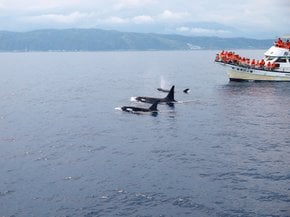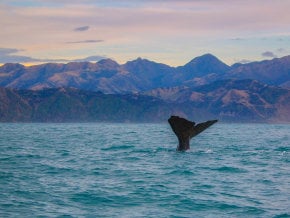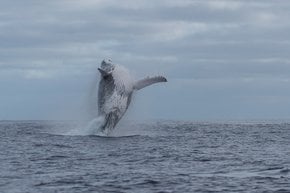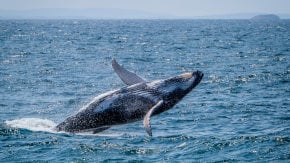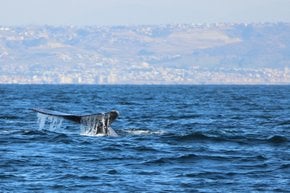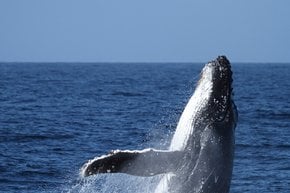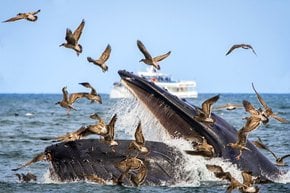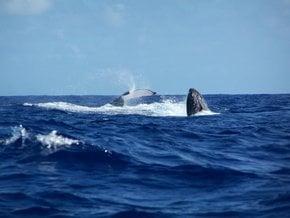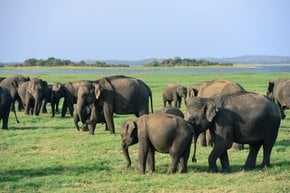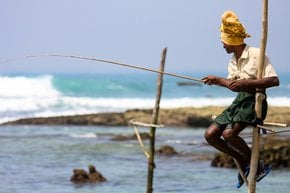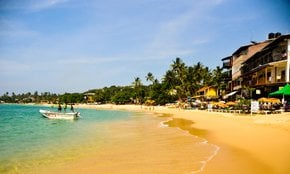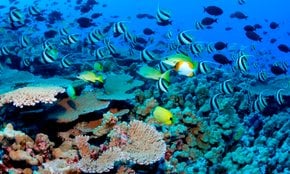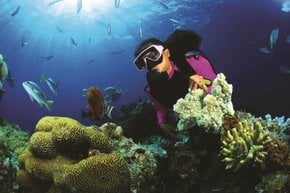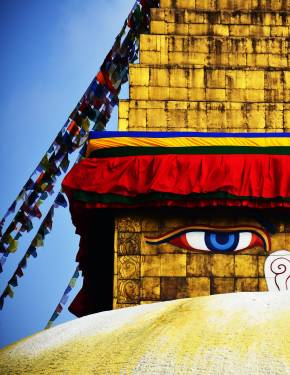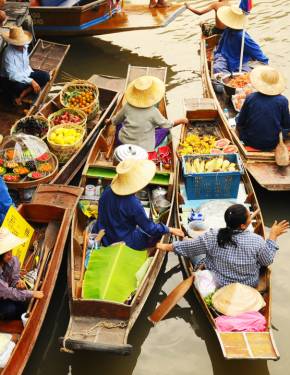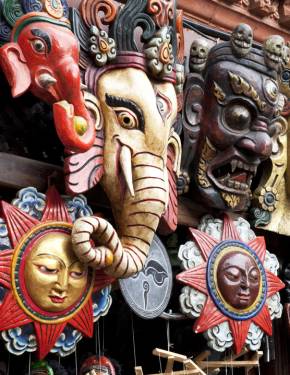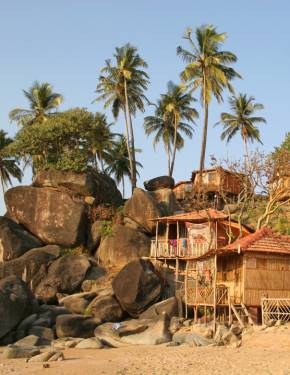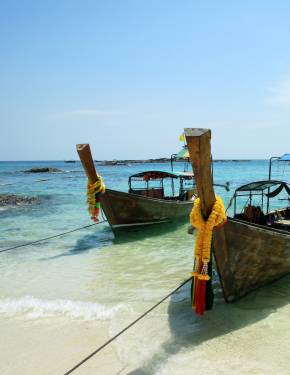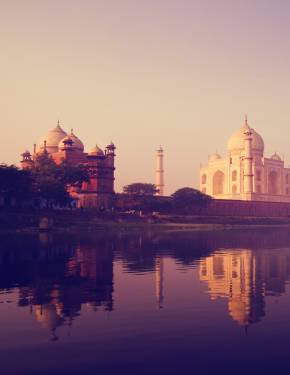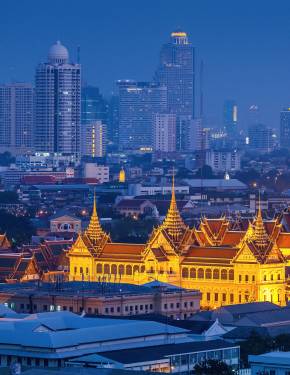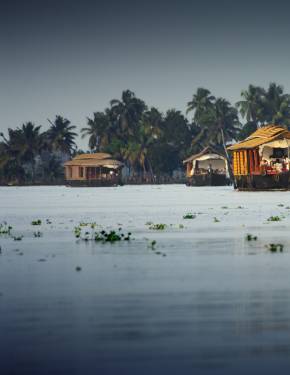Whale Watching in Sri Lanka 2025-2026
Sri Lanka is fortunately situated at a vantage point to observe whales
Best time: November–April | July–September
Sri Lanka is quickly becoming a top destination for whale watching, with blue whales being a prime attraction in at least two locations from December to July. While other species of whales and dolphins are often spotted during tours, blue whales remain the main highlight for most visitors. Generally, more than 26 species of cetaceans, such as blue whales, sperm whales, and fin whales, can be observed from the Sri Lankan coast.
Best Time for Whale Watching in Sri Lanka
The most frequently targeted species of whale for whale watching in Sri Lanka is the blue whale, which can be observed off the coast of Mirissa between November to April. From late May to early October, whales migrate from Sri Lanka’s southern coast to its eastern shores. For an unforgettable whale and dolphin-watching adventure, head to Trincomalee during these months.
Blue Whales
Blue whales are the largest creatures to have ever lived on Earth. They primarily feed on krill, filtering massive amounts of ocean water through their baleen plates, which act like a sieve. Some of the largest blue whales can consume up to 6 tons of krill daily. Their blue-gray, mottled skin takes on a light blue hue underwater, giving them their name. While blue whales are sometimes seen in small groups, they are typically solitary or found in pairs.
Main Locations
Popular whale-watching locations in Sri Lanka include Dondra Point, Mirissa, Kalpitiya, and Trincomalee.
Dondra Point
Dondra Point is the southernmost tip of Sri Lanka and is famous for being one of the best locations for whale watching, especially for spotting blue whales and sperm whales. Located near the town of Matara, it is a prime destination from November to April when the waters around the region are rich with marine life, attracting not just whales but also dolphins. The Dondra Head Lighthouse, a well-known landmark, marks the point and offers stunning views of the Indian Ocean.
Due to the narrow continental shelf, whales can be seen as close as a few miles from the shore here. Sometimes, they can be seen 54-m (176 ft) from the Dondra Lighthouse. Dondra Point is the most reliable place for whale watching due to a ninety percent chance of seeing blue whales and a well-developed infrastructure. Tours to Dondra Point leave from Galle and Hikkaduwa.
Mirissa
Mirissa is another great place for whale and dolphin-watching tours in Sri Lanka. It is a fishing village located on the southern coast between Matara and Galle. Known for its stunning scenery, unspoiled beaches, and delicious cuisine, it’s one of the most accessible spots for viewing majestic whales and pods of dolphins. The town is easily reachable from Colombo and other major cities, making it a popular destination for wildlife enthusiasts.
Mirissa offers regular whale-watching excursions. Boats leave at 7 am from Mirissa Harbor and spend three or four hours at sea. The chances of seeing whales and dolphins during high season are over 90%. The best time for whale watching on the southern coast is from November to April.
Trincomalee
An alternative option is to watch whales in Trincomalee, located on the northeast coast. Home to one of the world’s finest natural harbors, the town is celebrated as the most picturesque coastal areas on the island. Most of the whale-watching tours there start at 6:30 am. Depending on the sea conditions, it can take up to 3 hours. From May to August, blue whales remain as close as 6-8 nautical miles (about 30 min by boat) east of Trincomalee.
Trincomalee, situated approximately 2 hours from Pasikudah, is renowned for its whale-watching opportunities, with Nilaveli and Uppuveli beaches being the most frequented spots.
Kalpitiya
This pristine, untouched beach on Sri Lanka’s west coast, just north of Colombo, is ideal for spotting both whales and dolphins. Kalpitiya is renowned for its impressive pods of dolphins and sightings of sperm whales. Watching hundreds of dolphins swim alongside your boat, diving under the waves, jumping, spinning, and leaping out of the water, creates a breathtaking experience you won’t soon forget. The prime season for dolphin and whale watching in Kalpitiya runs from November to March, offering unforgettable marine wildlife encounters.

